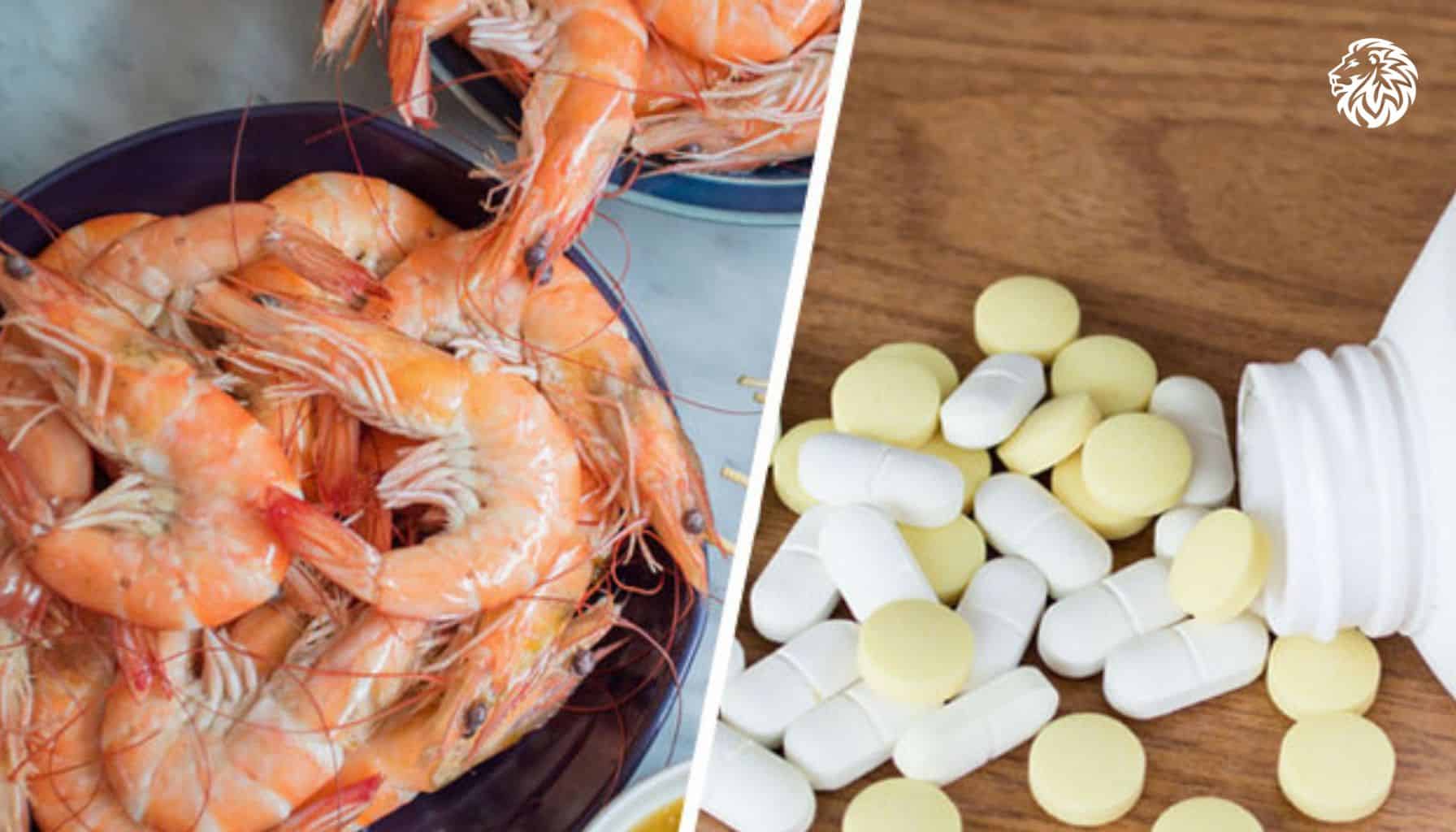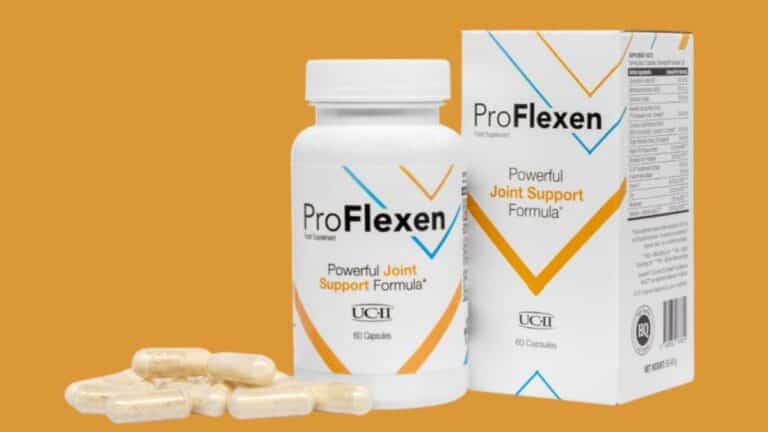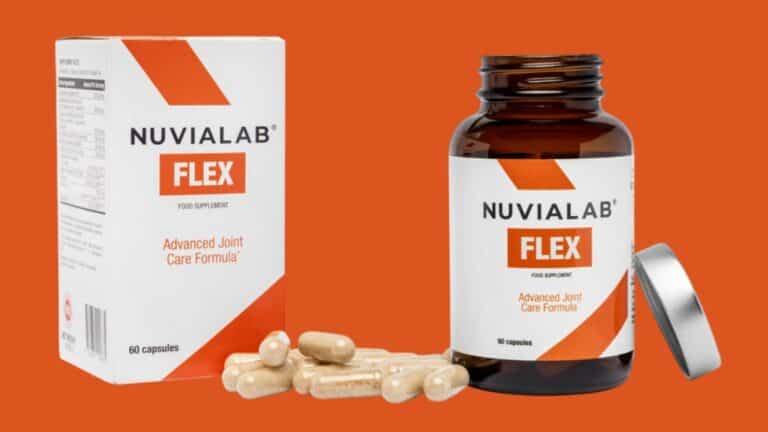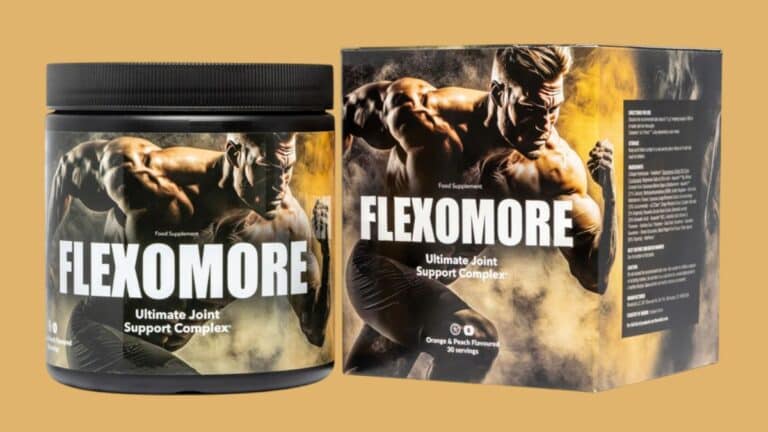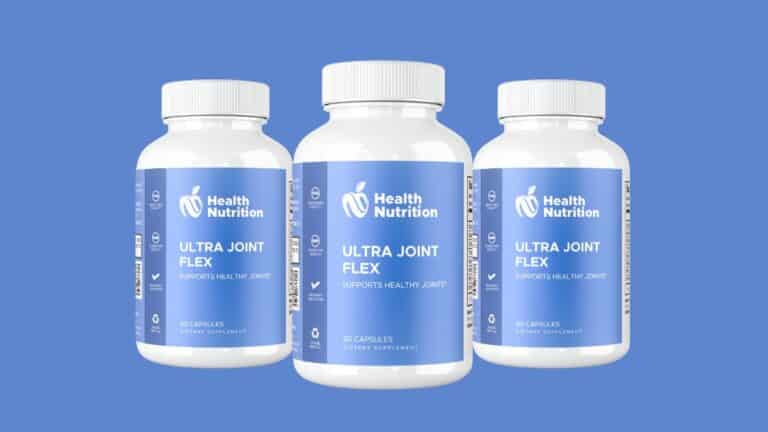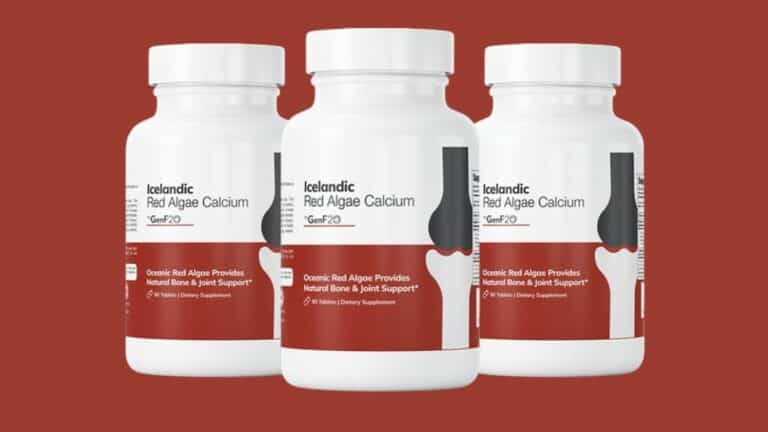Chitosan, a biopolymer derived from chitin, is predominantly found in the exoskeletons of crustaceans like shrimp, crabs, and lobsters. As a supplement, chitosan has garnered significant attention for its purported health benefits, including weight loss and cholesterol management. However, understanding the science behind these claims is crucial for making informed decisions about its use.
What is Chitosan?
Chitosan is produced through an enzymatic process that transforms chitin into a more digestible form suitable for human consumption. This transformation enhances its usability in various applications, from dietary supplements to medical and industrial uses. The fibrous nature of chitosan makes it an attractive candidate for weight loss supplements and cholesterol-lowering agents, but the evidence supporting these benefits is mixed.
Weight Loss Claims: Fact or Fiction?
One of the most common claims about chitosan supplements is their ability to aid in weight loss. The mechanism proposed is that chitosan forms a gel in the stomach, binding to fats and preventing their absorption in the intestines. This, theoretically, would lead to the excretion of fat and a reduction in caloric intake. However, scientific studies offer a more nuanced picture.
Early clinical trials and reviews, including a comprehensive analysis of 14 studies involving over 1,100 participants, suggest that chitosan supplementation might result in a slight reduction in body weight and body mass index (BMI). However, these effects are generally minimal and often deemed clinically insignificant. The variability in study results and the overall poor quality of some trials further complicate the assessment of chitosan’s effectiveness as a weight loss aid.
Despite these findings, some supplement manufacturers continue to market chitosan as a “fat blocker.” The FDA has issued warnings about such claims, emphasizing the lack of reliable scientific evidence to support significant weight loss benefits. Consumers are advised to approach these supplements with caution and manage expectations accordingly.
Cholesterol Management: A Promising Avenue
Chitosan’s potential in lowering cholesterol levels appears to be more promising than its weight loss benefits. Several studies have indicated that chitosan supplementation can lead to a reduction in total cholesterol and LDL (“bad”) cholesterol levels. However, the impact on HDL (“good”) cholesterol remains negligible.
A notable 2018 review that pooled data from over 1,000 individuals found that chitosan could effectively lower total cholesterol and LDL levels. This suggests that chitosan might be a useful adjunct in managing cholesterol, particularly for those looking for natural alternatives to traditional cholesterol-lowering medications.
Nonetheless, it’s important to recognize that chitosan is not the only natural option for cholesterol management. Other substances, such as plant sterols and soluble fiber from oats, have more robust evidence supporting their efficacy. Therefore, individuals considering chitosan for cholesterol reduction should discuss it with their healthcare provider to determine the best approach based on their specific health needs.
Additional Health Benefits and Uses
Beyond weight loss and cholesterol management, chitosan is being explored for various other health benefits. Preliminary research suggests potential roles in treating conditions such as Crohn’s disease, dental cavities, anemia due to dialysis, and periodontitis. Its properties are also being leveraged in medical applications like wound dressings and tissue engineering, owing to its biodegradability and ability to form gels.
However, these additional uses are still under investigation, and more robust clinical trials are needed to confirm chitosan’s efficacy and safety for these conditions. As with any supplement, it’s essential to stay informed about the latest research and consult healthcare professionals before incorporating chitosan into your regimen for these purposes.
Safety and Side Effects
Chitosan is generally considered safe for short-term use, but potential side effects can include constipation, gas, nausea, and stomach upset. Individuals with shellfish allergies should avoid chitosan supplements, as they are derived from crustacean shells. Moreover, chitosan may interfere with the absorption of fat-soluble vitamins (A, D, E, and K) and minerals like magnesium and calcium, necessitating careful timing of supplement intake.
People taking medications, particularly blood thinners like warfarin, should consult their healthcare provider before starting chitosan. The supplement could interact with these medications, potentially leading to adverse effects. Similarly, those with diabetes or on antiviral medications should seek medical advice to avoid any negative interactions.
Dosage and Quality Considerations
Determining the optimal dosage of chitosan is challenging due to the variability in supplement formulations and the lack of standardized dosing guidelines. The European Food Safety Authority recommends a maximum daily intake of 3 grams, but there is no established maximum in the United States. Studies have used doses ranging from 0.34 to 3.4 grams per day, with no clear consensus on the most effective amount.
When choosing a chitosan supplement, it’s crucial to look for products that have been third-party tested for purity and potency. Organizations like NSF International, USP, or ConsumerLab provide seals of approval that can help consumers identify high-quality supplements. Always read labels carefully to understand the total daily dose and ensure it aligns with safety recommendations.
Conclusion
Chitosan presents an intriguing option in the realm of dietary supplements, with potential benefits for weight loss and cholesterol management. However, the scientific evidence supporting these claims is mixed, and the supplement’s effects are often minimal. While chitosan may offer some health benefits, it is not a magic solution for weight loss or a primary treatment for high cholesterol.
Consumers should approach chitosan supplements with realistic expectations and prioritize safety by consulting healthcare professionals before starting any new supplement regimen. By staying informed and cautious, individuals can make the best choices for their health and well-being.
